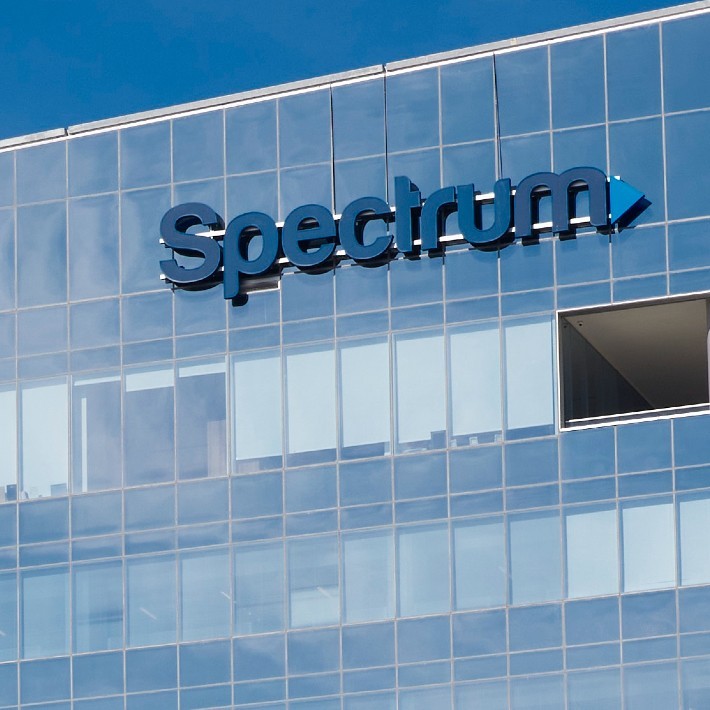Get ready for 'junior cable' to hit the wireless industry
Cox, Altice, Mediacom and others are among a group of smaller cable companies looking to enter the mobile industry, following the lead of their larger peers Charter and Comcast.

Charter Communications and Comcast are two of the nation's biggest cable companies, and they've managed to make a splash in the US wireless industry. After several years of offering low-cost wireless services, the two companies today collectively count almost 9 million mobile lines of service.
But, according to Wave7 Research analyst Jeff Moore, that's just the beginning of cable's entry into the US mobile industry. The next phase, he said, will involve "junior cable."
"There has been a lot of commentary about Xfinity Mobile [Comcast] and Spectrum Mobile [Charter] as wireless competitors. Deservedly so, in my view, as they have been putting up record wireless [customer] adds in recent quarters," Moore wrote in an email to Light Reading. "However, the phenomenon is broader than that."
He explained: "Cox is the #3 provider (distantly so, admittedly) and it is just getting started, as is the case with WOW [WideOpenWest], which passes 7 million+ homes. Optimum [Altice] is just hitting its stride and should have 150-170 stores in place by the end of 2022 as well as more' feet on the street.' There are dozens of other cable providers and I have no doubt that MVNEs [mobile virtual network enablers] are pitching their services to some of them."
Indeed, Cox Communications has confirmed plans to launch mobile services this fall, starting first in Hampton Roads, Virginia; Las Vegas, Nevada; and Omaha, Nebraska. Separately, WOW recently said it is now offering wireless across its entire cable footprint via a partnership with Reach Mobile, an MVNE. Altice, through its Optimum Mobile offering, now counts 231,000 total mobile lines, having added another 33,000 in the second quarter of 2022.
Figure 1:  (Source: Charter Communications)
(Source: Charter Communications)
Other players are investigating the mobile opportunity as well. Mediacom said earlier this year it is "actively evaluating whether a compelling business case can be made for offering a Mediacom-branded mobile-phone service." And cable industry association NCTC said it's exploring how it can offer MVNO options to its 700 member companies.
"I think we'll be in the [mobile] business before year-end. We're pretty far along," NCTC CEO Lou Borrelli said recently. "This is a very big step for this organization."
Moore is bullish about cable's entry into wireless. "I think the rise of cable competition in wireless is a healthy phenomenon that is keeping wireless competition lively," he wrote. "There were worries about wireless competition as Sprint was acquired [by T-Mobile], but I think that the cable companies collectively have filled this void."
Picking a network
But there are still plenty of details to be ironed out before more cable companies can enter the space – perhaps most importantly, which wireless network might underpin their offerings. So far, it appears that Verizon is keen to remain the MVNO of choice for cable.
Both Comcast and Charter use Verizon's network to offer their mobile services. Interestingly, the cable companies offer unlimited mobile services for around $45 per month, which is significantly lower than what Verizon charges for its own unlimited services.
But Verizon does not appear to be concerned about the pricing. The company inked new "expanded and extended" MVNO deals with Comcast and Charter in 2020.
Further, in 2021, Verizon offered significantly better pricing to Cox for MVNO services than T-Mobile did, according to Cox's court filings. The cable operator told a Delaware court that it would save $90 million by selecting Verizon as its MVNO partner. (Though T-Mobile argued that the difference was only around $24 million.)
Verizon's MVNO aggression appears in part to be a response to a possible incursion by AT&T. AT&T executives in the early part of 2020 discussed the possibility of providing MVNO services to cable companies, shortly before Verizon locked down new agreements with Comcast and Charter.
Today, though, it's unclear how the space might develop. T-Mobile has been touting its expansive 5G network capacity, and has made it clear that it wishes to sell wholesale access to all kinds of customers, including presumably cable companies. Indeed, T-Mobile recently inked new MVNO agreements with Dish Network, Google and Altice.
Altice CEO Dexter Goei recently explained that his company's new MVNO deal with T-Mobile is an improvement over its previous agreement with the company. "In March we announced an expanded MVNO agreement with T-Mobile, allowing us to offer more attractive mobile promotions, including extremely competitive multiline discounts," he said during his company's recent quarterly earnings call, according to a Seeking Alpha transcript.
Cox has not disclosed the operator it is using for its fall launch. But it's likely that Verizon, T-Mobile and possibly AT&T are in discussion with Mediacom, NCTC and other "junior cable" companies about possible MVNO terms.
Related posts:
— Mike Dano, Editorial Director, 5G & Mobile Strategies, Light Reading | @mikeddano
About the Author(s)
You May Also Like




_International_Software_Products.jpeg?width=300&auto=webp&quality=80&disable=upscale)







